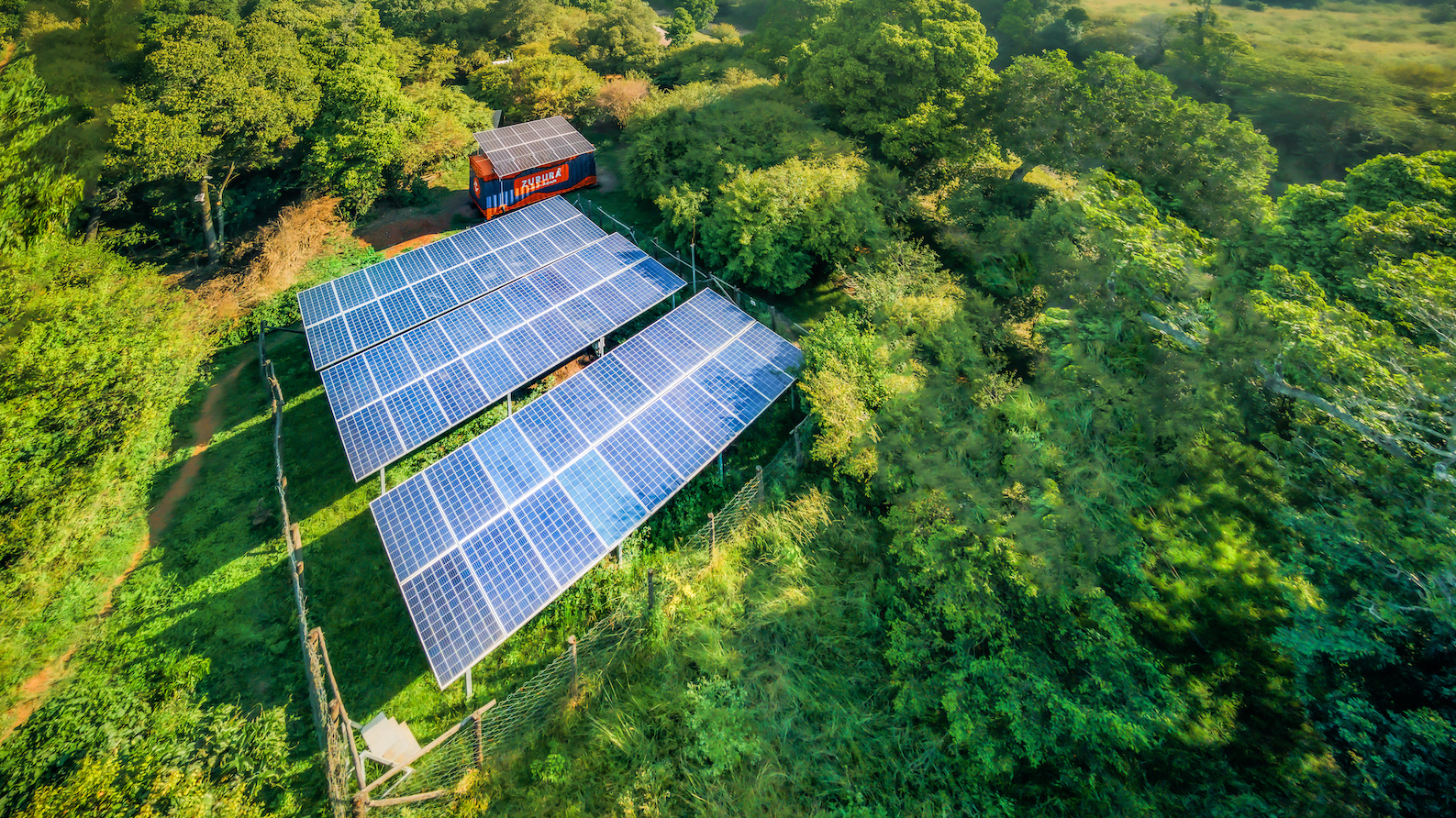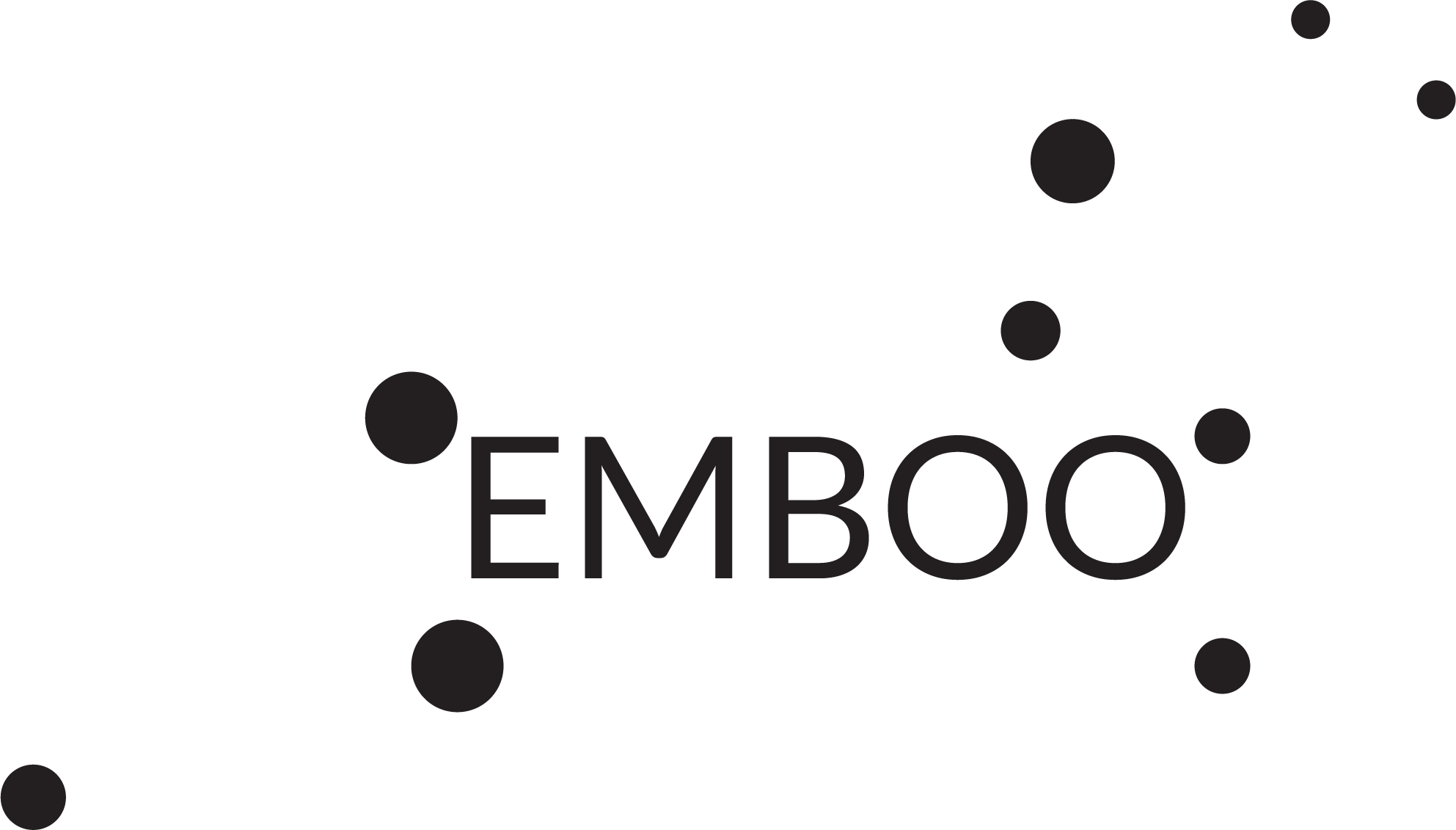

Emboo River

Narok County, Kenya
June 2023
Accommodation
Service with Significant Environmental Footprint
Kenya
Feel one with nature and allow innovation to elevate your stay at Emboo River. “Emboo River is leading the way to carbon neutral travel. By applying innovation and technology, we are offering guests a luxurious stay in the centre of nature during which guests only leave a positive impact behind.”, says Loïc Amadò, co-founder of Emboo River Emboo River is the first lodge in Kenya and beyond that has its entire fleet of Safari Vehicles powered by solar energy. Glide through the grasslands, listen to the roar of a leopard and the songs of birds and enjoy the scents of the savanna. Your guides (and our guests) can now use all their senses while guiding, increasing chances of spotting animals and witnessing special moments in nature. Emboo River's sustainable operations also include farm to fork meals from an organic hydroponic garden, prepared on biogas generated by the lodge's organic waste, rain showers overlooking nature with solar heated water, lagoons with local wetland plants that filter and recycle 100% of waste water, sunset cocktails and tasty bitings in the heart of the savanna created with local ingredients and no single use items in sight, a tree planting project called 'Rooting for our Future' allowing guests to leave their mark, a refreshing swimming pool with
Overall B Impact Score
Governance 14.8
Governance evaluates a company's overall mission, engagement around its social/environmental impact, ethics, and transparency. This section also evaluates the ability of a company to protect their mission and formally consider stakeholders in decision making through their corporate structure (e.g. benefit corporation) or corporate governing documents.
What is this? A company with an Impact Business Model is intentionally designed to create a specific positive outcome for one of its stakeholders - such as workers, community, environment, or customers.
Workers 20.7
Workers evaluates a company’s contributions to its employees’ financial security, health & safety, wellness, career development, and engagement & satisfaction. In addition, this section recognizes business models designed to benefit workers, such as companies that are at least 40% owned by non-executive employees and those that have workforce development programs to support individuals with barriers to employment.
Community 15.2
Community evaluates a company’s engagement with and impact on the communities in which it operates, hires from, and sources from. Topics include diversity, equity & inclusion, economic impact, civic engagement, charitable giving, and supply chain management. In addition, this section recognizes business models that are designed to address specific community-oriented problems, such as poverty alleviation through fair trade sourcing or distribution via microenterprises, producer cooperative models, locally focused economic development, and formal charitable giving commitments.
Environment 30.3
Environment evaluates a company’s overall environmental management practices as well as its impact on the air, climate, water, land, and biodiversity. This includes the direct impact of a company’s operations and, when applicable its supply chain and distribution channels. This section also recognizes companies with environmentally innovative production processes and those that sell products or services that have a positive environmental impact. Some examples might include products and services that create renewable energy, reduce consumption or waste, conserve land or wildlife, provide less toxic alternatives to the market, or educate people about environmental problems.
Customers 3.0
Customers evaluates a company’s stewardship of its customers through the quality of its products and services, ethical marketing, data privacy and security, and feedback channels. In addition, this section recognizes products or services that are designed to address a particular social problem for or through its customers, such as health or educational products, arts & media products, serving underserved customers/clients, and services that improve the social impact of other businesses or organizations.